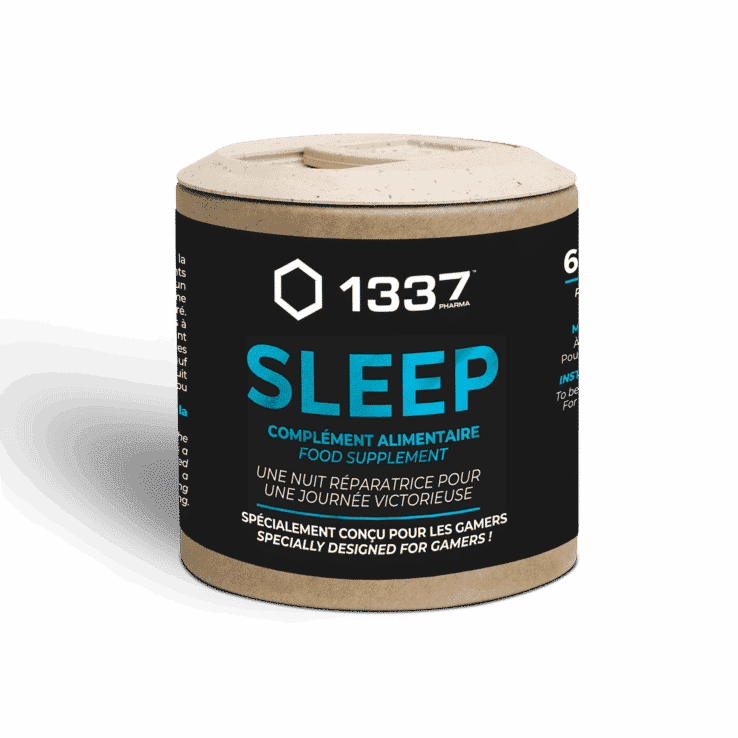valerian
Ingredient
What is valerian?
Where does it come from?
Why is it used?
What are the benefits?
Bibliography
What is Valerian?
Valeriana officinalis, commonly known as valerian, is a herb native to Asia and Europe that now grows wild in many other parts of the world, including the United States and Canada (Caudal et al., 2017 Office of Dietary Supplements – Valerian, nd).
People have used this perennial as a natural medicine since the days of ancient Greece and Rome (Office of Dietary Supplements – Valerian, nd).
Unlike the delicately scented flowers of the plant, valerian roots have a very strong smell that many people find unpleasant.
The roots, rhizomes (underground stems), and stolons (horizontal stems) of valerian are used to make dietary supplements such as capsules and tablets, as well as teas and tinctures.
Where does it come from?
Valerian is an herb native to Asia and Europe. It is a plant with light pink, purple or white flowers that appears at the beginning of June. People have used the root of the plant over the years as an alternative medicine. Valerian was used as early as the 2nd century, but it became particularly popular in the 7th century to help people sleep better.
Why is it used?
Its root is commonly used as a natural treatment for symptoms of anxiety, depression, and menopause.
Valerian root is also one of the most widely used herbal sleep-promoting supplements in the United States and Europe (Bent et al., 2006)
Numerous studies have shown that valerian root may be useful as a sleep aid. The root of the plant is believed to have a mild sedative effect, although scientists aren’t entirely sure exactly why or how it works. (Koetter et al., 2007)
A 2016 study found that valerian root may be helpful in treating severe symptoms of PMS. Researchers found that the extract made a significant difference in decreasing PMS symptoms. (Behboodi Moghadam et al., 2016)
Data (Müller et al., 2003) suggests that valerian root is effective when used with St. John’s wort to help treat depression and anxiety disorders together. A 2016 study also found that valerian root may be useful as an anti-inflammatory for certain medical conditions, such as arthritis.
Research suggests that its activity is linked to the independent and synergistic actions of compounds found in the plant, including (Shinjyo et al., 2020):
• Valepotriates
• Monoterpenes, sesquiterpenes and carboxylic compounds
• lignans
• Flavonoids
• Low levels of gamma-aminobutyric acid (GABA).
Certain compounds in valerian, called valerenic acid and valerenol, can act on the body’s GABA receptors.
GABA is a chemical messenger that helps regulate nerve impulses in your nervous system.
It is one of the main neurotransmitters responsible for regulating sleep, and increasing the amount of GABA available in your body has sedative effects (Bruni et al., 2021).
Valerenic acid and valerenol can modulate GABA receptors and increase the amount of GABA available to the central nervous system. Additionally, research has shown that valerenic acid inhibits an enzyme that destroys GABA (Valerian – Health Professional Fact Sheet, nd).
Valerian compounds may also interact with serotonin and adenosine receptors, chemicals that play an important role in regulating sleep and mood (Shinjyo et al., 2020).
Additionally, preliminary research suggests that valepotriates – the compounds that give valerian its characteristic pungent odor – may have anti-anxiety and anti-depressant effects in the body (Shinjyo et al., 2020)

Discover other plants used in our products
Bibliography
- Behboodi Moghadam, Z., Rezaei, E., Shirood Gholami, R., Kheirkhah, M., & Haghani, H. (2016). The effect of Valerian root extract on the severity of pre menstrual syndrome symptoms. Journal of Traditional and Complementary Medicine, 6(3), 309-315. https://doi.org/10.1016/j.jtcme.2015.09.001
2. Bent, S., Padula, A., Moore, D., Patterson, M., & Mehling, W. (2006). Valerian for Sleep: A Systematic Review and Meta-Analysis. The American journal of medicine, 119(12), 1005-1012.
https://doi.org/10.1016/j.amjmed.2006.02.026
3. Bruni, O., Ferini-Strambi, L., Giacomoni, E., & Pellegrino, P. (2021). Herbal Remedies and Their Possible Effect on the GABAergic System and Sleep. Nutrients, 13(2), 530. https://doi.org/10.3390/nu13020530
4. Caudal, D., Guinobert, I., Lafoux, A., Bardot, V., Cotte, C., Ripoche, I., Chalard, P., & Huchet, C. (2017). Skeletal muscle relaxant effect of a standardized extract of Valeriana officinalis L. after acute administration in mice. Journal of Traditional and Complementary Medicine, 8(2), 335-340. https://doi.org/10.1016/j.jtcme.2017.06.011
5. Koetter, U., Schrader, E., Käufeler, R., & Brattström, A. (2007). A randomized, double-blind, placebo-controlled, prospective clinical study to demonstrate clinical efficacy of a fixed valerian hops extract combination (Ze 91019) in patients suffering from non-organic sleep disorder. Phytotherapy Research, 21(9), 847-851. https://doi.org/10.1002/ptr.2167
6. Müller, D., Pfeil, T., & von den Driesch, V. (2003). Treating depression comorbid with anxiety – results of an open, practice-oriented study with St John’s wort WS® 5572 and valerian extract in high doses. Phytomedicine, 10, 25-30. https://doi.org/10.1078/1433-187X-00305
7. Office of Dietary Supplements—Valerian . (nd). Retrieved June 14, 2022, from https://ods.od.nih.gov/factsheets/Valerian-HealthProfessional/
8. Shinjyo, N., Waddell, G., & Green, J. (2020). Valerian Root in Treating Sleep Problems and Associated Disorders—A Systematic Review and Meta-Analysis. Journal of Evidence-based Integrative Medicine, 25, 2515690X20967323. https://doi.org/10.1177/2515690X20967323
9. Valerian—Health Professional Fact Sheet . (nd). Retrieved June 14, 2022, from https://ods.od.nih.gov/factsheets/Valerian-HealthProfessional/

